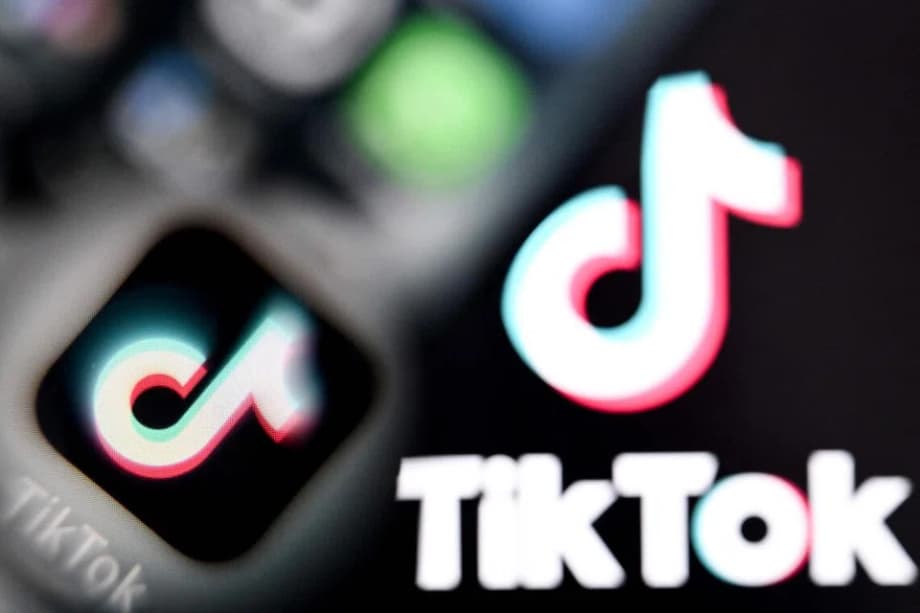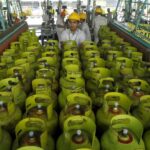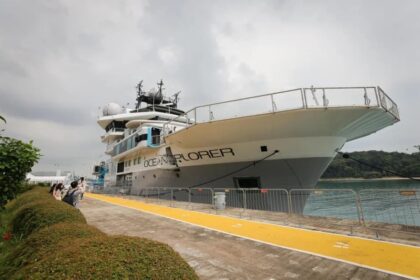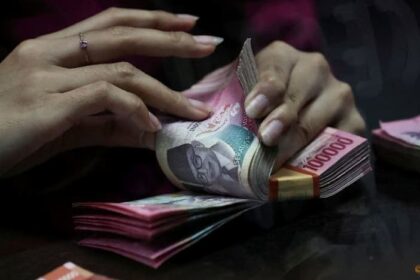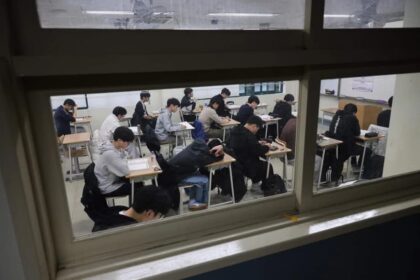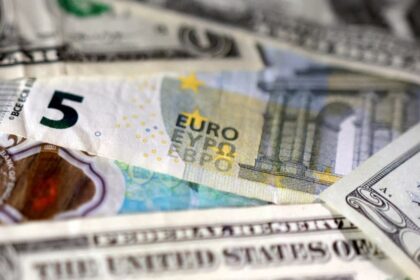Why TikTok Was Suspended, Then Reinstated
Indonesia has restored TikTok’s legal status as a registered electronic system operator after the company provided detailed data from its livestreaming feature during a turbulent week of protests in late August. The brief freeze, announced by the Ministry of Communication and Digital Affairs in early October, ended once TikTok delivered the requested records on traffic spikes and monetization on TikTok Live. With more than 100 million users, Indonesia is one of TikTok’s most important markets, so even a short administrative penalty drew national attention.
- Why TikTok Was Suspended, Then Reinstated
- What Data Indonesia Wanted From TikTok Live
- The Protests That Triggered the Data Demand
- Legal Powers and Platform Obligations in Indonesia
- A High Stakes Market for TikTok and Ecommerce
- Free Speech, Safety, and Online Gambling Concerns
- How Other Countries Handle Similar Data Requests
- What TikTok and the Government May Do Next
- Key Points
Officials said the company had not initially provided complete information about Live activity during August 25 to 30, when demonstrations swelled across several cities. TikTok had earlier cited internal policies for not sharing the full data set. After further correspondence and a formal letter dated October 3, the ministry confirmed it had received the material it asked for and reinstated TikTok’s registration a day later.
Authorities framed the request as part of a broader effort to keep the digital space safe and lawful. Regulators wanted to check accounts suspected of using Live to monetize during unrest, including activity linked to online gambling. TikTok, which paused its Live function on August 30 as tensions rose, later resumed the feature. The company has said it respects local laws and is working with the ministry.
How long did the freeze last?
It lasted roughly a day. The app remained reachable throughout, but the temporary loss of registered status signaled that the government expects prompt cooperation from platforms when it makes supervisory requests.
What Data Indonesia Wanted From TikTok Live
The ministry asked for granular information about Live during the protest period. That included traffic measures, the number and timing of streams, viewer surges, and the scale of monetization. Officials sought counts and values of virtual gifts and other transactions tied to specific accounts under scrutiny. The goal, the ministry said, was to trace suspicious flows and enforce the law during a period of public disorder.
Livestreaming is central to how many creators and sellers use TikTok in Indonesia. Viewers can send virtual gifts that translate to coins and, ultimately, cash payouts. Regulators worry that bad actors can exploit these tools to mask gambling or other illicit activity. The government has pressed local and foreign companies to share data quickly in cases that touch on public safety or criminal investigations.
Why internal policies collided with local law
TikTok initially told the ministry that internal procedures limited what it could disclose and how fast it could provide it. Indonesia’s rules for private electronic system operators require companies to hand over data for supervision. Non compliance can trigger a suspension of registration or, in extreme cases, blocking. The exchange in September and October shows how global platform policies can clash with national legal demands, especially during fast moving events.
The Protests That Triggered the Data Demand
Large demonstrations erupted in late August over lawmakers’ privileges and economic pressures. The situation escalated after a motorcycle taxi driver was run over by a police armored vehicle in Jakarta. Clashes spread to several provinces. Local reports counted at least 10 deaths and many injuries. The unrest led TikTok to voluntarily halt Live on August 30 for several days to help keep the platform orderly.
Protesters used a mix of messaging apps and social video to document events, organize gatherings, and draw national attention. Real time broadcasts on platforms can offer transparency during crises, yet they also raise safety risks when they are monetized or when rumors race through feeds faster than fact checks can catch up. This dual role helps explain why officials zeroed in on Live data.
Did the suspension curb speech?
The suspension did not shut down access to the app, so Indonesians could continue to post, watch, and chat. Digital rights groups warned that the episode could make platforms and users more cautious about political content. Some recent proposals, such as limiting people to one account per platform, have raised alarms about privacy and the ability to speak without fear of retaliation, although those ideas are not law.
Legal Powers and Platform Obligations in Indonesia
Indonesia has spent the past few years building a framework to register and supervise digital services. Under regulations for private electronic system operators, companies must register with the government, respond to data requests for supervision, and remove prohibited content within tight deadlines. Failure to comply can lead to a temporary freeze of registration. Repeated failures can lead to blocking.
Officials have used these tools before. In 2022, several gaming and payment services were briefly blocked for missing registration deadlines. The ministry argues that these rules create a trusted ecosystem for users, businesses, and the state. Critics counter that broad powers and opaque procedures can sweep up lawful expression, especially during politically tense moments.
In TikTok’s case, the ministry summoned the company in mid September and set a deadline to provide the requested Live data. A September 23 letter from the company cited internal rules. An October 3 letter supplied the volume and monetization records tied to Live during August 25 to 30. The ministry said that met the conditions for reactivation.
What reactivation means in practice
Restored registration means TikTok can operate on regular terms with local partners, payment networks, and advertisers. The decision also keeps pressure on the company to respond quickly to future supervisory requests. Government monitoring efforts that focus on Live are likely to continue, given the growth of creator commerce and the concern about illegal gambling networks online.
A High Stakes Market for TikTok and Ecommerce
Indonesia is TikTok’s second largest audience, with more than 100 million accounts. The app sits at the center of a cultural and commercial shift as small sellers, musicians, and comedians build followings that convert to income. That scale is why a regulatory dispute that lasted about a day still mattered to creators and brands who rely on predictable rules.
The company has had to navigate other flash points. In 2023, the government said social media services could not combine shopping with social feeds, which forced TikTok Shop to pause. TikTok later acquired a 75 percent stake in Tokopedia, a leading online marketplace, and merged shopping operations under that banner in Indonesia. In a separate case, the antitrust commission fined the company about 900,000 dollars for not notifying the Tokopedia deal in time.
Why Live matters for business in Indonesia
Live video fuels flash sales, auctions, and product launches. Merchants convert engagement into orders, and gift spending contributes to creator income. Any extended restriction on Live can cut into sales and wages. The new focus on Live data could push platforms to strengthen identity checks for streamers, add tighter payment controls, and expand moderation for risky categories.
Free Speech, Safety, and Online Gambling Concerns
Officials say they sought Live data to track accounts that may be tied to online gambling. Indonesia has outlawed gambling and is running a broad campaign to stamp out online syndicates. Livestream features can be misused as payment rails when virtual coins and tips can be converted back into cash.
Free expression groups say the state should be more transparent about what it requests and why. They argue that wide requests can chill speech if companies are pushed to hand over user level data too quickly. The ministry says the goal is to apply existing law to digital platforms and protect public safety during volatile events.
Can platforms protect privacy while complying?
Companies can share aggregated statistics for traffic patterns while redacting names unless authorities present specific legal process. They can log access and publish transparency reports so the public sees the number and type of requests. Where individual account data is needed, firms can insist on documented requests that list legal grounds and scope. None of these steps remove the need to comply with local law, but they can reduce the privacy risks.
How Other Countries Handle Similar Data Requests
Governments around the world press social platforms for data during emergencies. In the European Union, the Digital Services Act requires large platforms to assess and mitigate risks and to cooperate with national authorities, within the limits of privacy rules. In the United States, access usually runs through court orders and subpoenas. India has asked for quick take downs and compliance with data localization rules, and blocked apps when companies refused.
Each system tries to balance safety, privacy, and speech. The result is that global platforms maintain teams that manage one set of internal policies while adapting to dozens of legal systems. When protests erupt, those teams face intense pressure to act fast without overcollecting or oversharing.
What TikTok and the Government May Do Next
The ministry is likely to keep auditing Live. That could include requests for more granular data during the remainder of the year, tighter rules on gifts, and targeted enforcement on accounts that steer viewers to gambling. TikTok will be motivated to improve how it handles supervisory requests, shorten response times, and expand systems that detect and stop monetization tied to illegal activity.
Creators and sellers can expect to see clearer policies for Live in Indonesia, more education about what is allowed, and possibly more verification steps. Users should not see major changes day to day, since the app never went dark. The episode shows that regulatory risk remains high for large platforms that power content and commerce at national scale.
Key Points
- Indonesia reinstated TikTok’s registration after the company supplied Live data covering August 25 to 30.
- The suspension lasted about a day in early October and did not block access to the app.
- Officials sought details on traffic spikes and monetization to trace accounts suspected of online gambling.
- TikTok initially cited internal policies before sending an October 3 letter with the requested data.
- Indonesia is a top market for TikTok with more than 100 million users.
- TikTok paused Live on August 30 during unrest, then resumed the feature several days later.
- Regulatory history includes a 2023 halt to social shopping, a 75 percent Tokopedia stake, and an antitrust fine of about 900,000 dollars.
- Digital rights groups warn about chilling effects and call for more transparency around state data requests.


